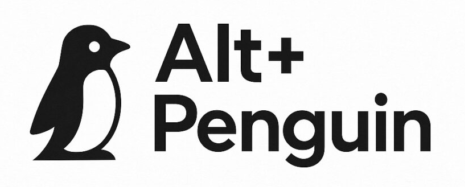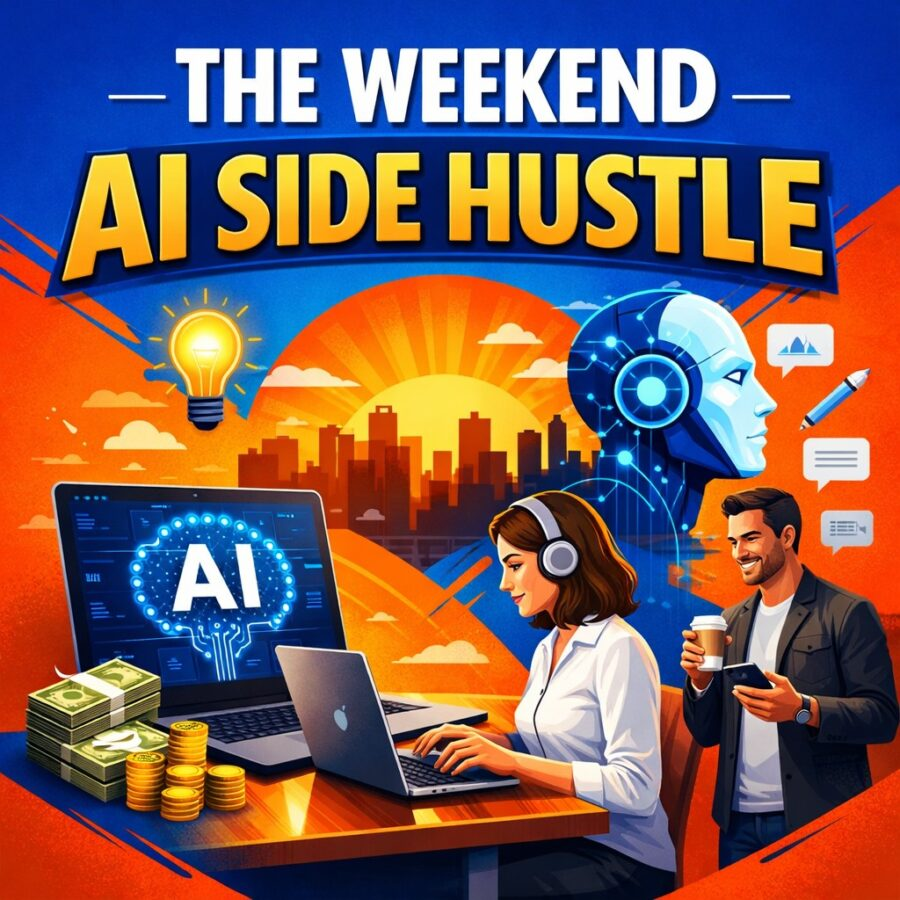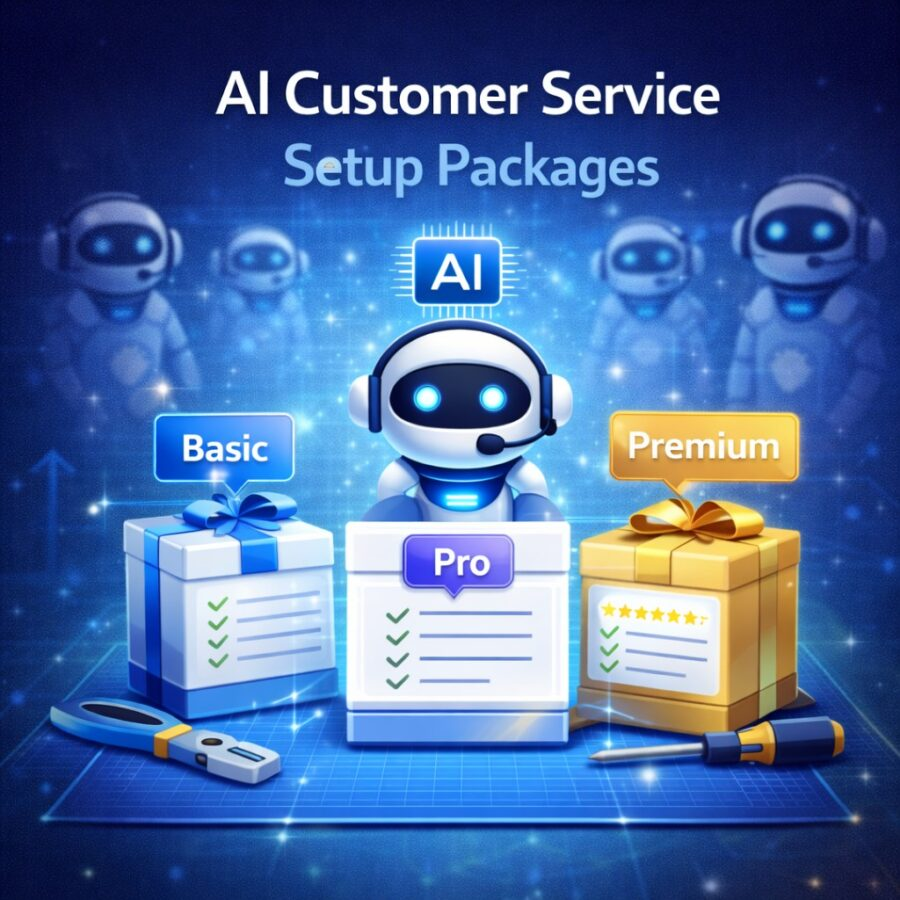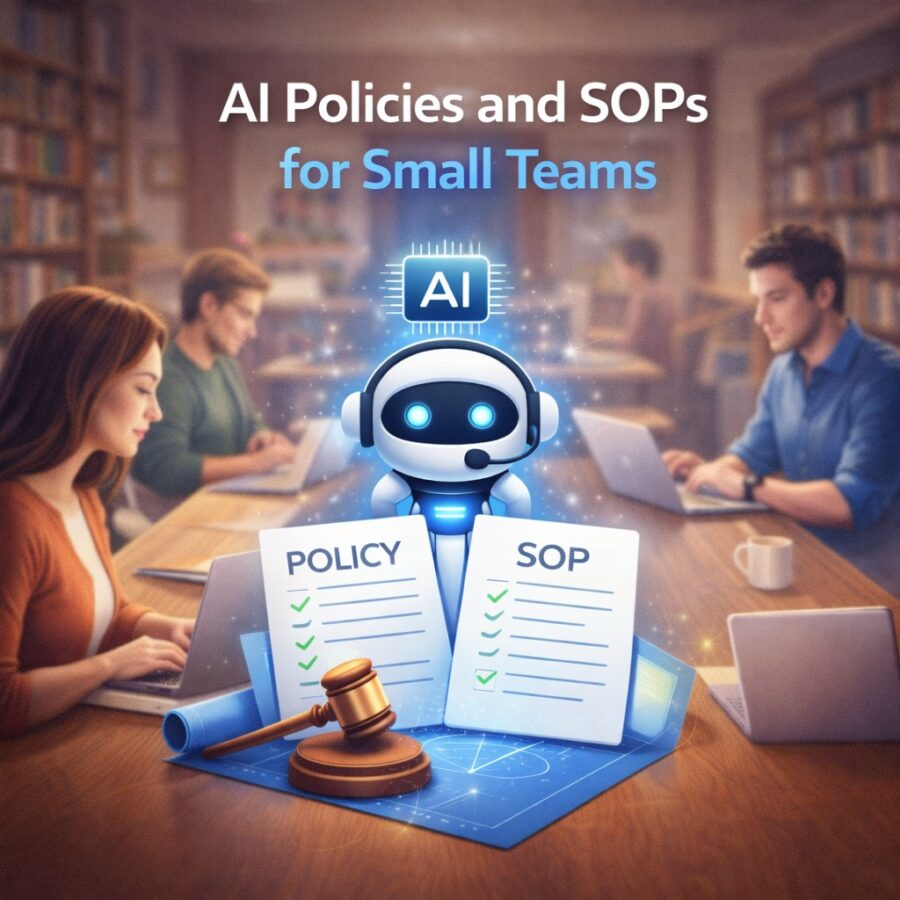Views: 3
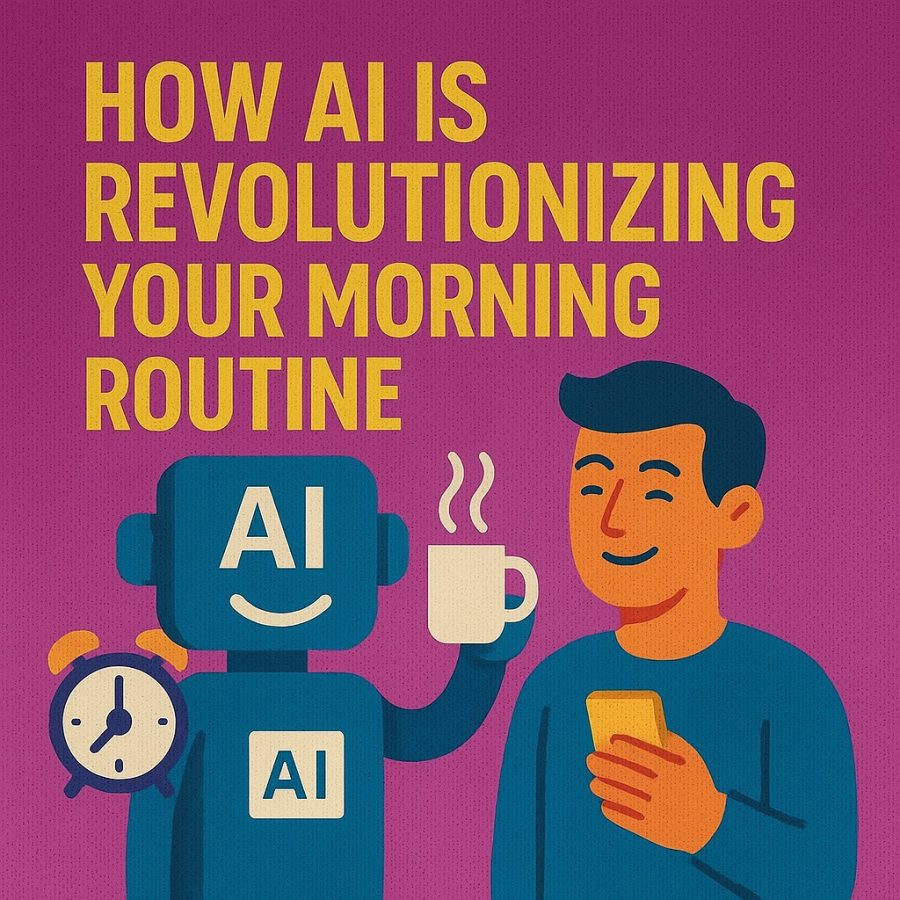
Mornings are hard. If you have ever hit snooze five times, brushed your teeth half-asleep, and poured orange juice into your coffee mug by mistake, you know the struggle. Humans were not designed to be graceful before sunrise. Fortunately, machines are. How AI is Revolutionizing Your Morning Routine is no longer a headline from a tech magazine; it is the lived experience of millions of people already leaning on algorithms before they even open their eyes fully.
Artificial intelligence now touches every part of the morning. From your alarm clock to your breakfast, from choosing clothes to beating traffic, the early hours of the day are being fine-tuned by digital assistants. What once required frantic multitasking now runs smoother than a fresh jar of peanut butter. This article explores the entire journey, hour by hour, showing how AI transforms sleepy chaos into streamlined productivity.
The Wake-Up Call You Actually Want
Traditional alarm clocks are cruel. They screech, buzz, or blast music at full volume, dragging you into reality like a villain yanking a hero out of bed in a cartoon. AI alarms are different. They track sleep cycles using wearable sensors or phone microphones, then wake you at the optimal time.
Imagine being nudged awake gently when your body is already near the surface of sleep, rather than yanked from the depths of dreamland. Apps like Sleep Cycle or devices like Fitbit use machine learning to identify when you are least groggy. Instead of groaning, you open your eyes feeling like a human instead of a zombie extra from a horror movie.
This is the first taste of How AI is Revolutionizing Your Morning Routine: even the dreaded alarm is becoming bearable.
Coffee That Knows You Better Than Your Barista
If mornings are a battlefield, coffee is the shield. Smart coffee makers linked to AI assistants now prepare your favorite brew before you stumble into the kitchen. They remember preferences, adjust strength depending on your schedule, and even sync with weather reports. Cloudy day? Stronger blend. Light schedule? A gentle roast.
Some systems track biometric data from wearables, adjusting caffeine levels based on how well you slept. Forget guessing how much espresso you need; your machine already knows. The future of coffee is not just convenience, it is personalization at a chemical level.
When people ask what robots contribute to humanity, the answer is simple: caffeine on demand.
The Bathroom Mirror that Talks Back
Vanity mirrors are no longer passive slabs of glass. AI-powered smart mirrors analyze skin tone, suggest skincare routines, and display news headlines while you brush. They even provide makeup tutorials, overlaying step-by-step guides on your reflection.
Men are not excluded. Smart razors adjust vibration intensity based on hair thickness. AI dental assistants monitor brushing technique, sending notifications if you are slacking. That scolding you ignored from your dentist last year? Your toothbrush repeats it every morning.
It is one more example of How AI is Revolutionizing Your Morning Routine: even personal grooming is becoming a data-driven event.
Breakfast: Smarter Than the Average Bowl of Cereal
The refrigerator of tomorrow already exists today. Smart fridges track expiration dates, suggest recipes, and even order groceries automatically. Imagine opening the door and seeing not just what is inside, but also AI-generated meal suggestions tailored to your calorie goals.
Microwaves and ovens are equally clever. Connected to recipe databases, they adjust cooking times for perfect eggs, toast, or bacon. Instead of burning breakfast while checking emails, you enjoy consistent results.
For the health-minded, AI nutrition apps scan your meal and log macros instantly. No more weighing oats on a scale like a chemist in a lab. The machine handles it, leaving you to sip coffee smugly.
Wardrobe Choices Without the Panic
Few things drain morning energy like staring at a closet and declaring, “I have nothing to wear,” while surrounded by 200 shirts. AI stylists solve this dilemma. Apps like StyleDNA or Alexa-powered wardrobes suggest outfits based on weather, calendar events, and past preferences.
Some even predict how people might perceive your choices. Important meeting? The system nudges you toward the blazer. Casual Friday? It offers the comfortable sneakers. This spares you from decision fatigue, a very real phenomenon that eats up brainpower before work even begins.
Instead of agonizing, you glide out the door like a model whose agent is an algorithm.
Morning News Without the Doomscroll
Scrolling headlines at 7 a.m. is like diving into a shark tank before coffee. AI curators filter information into digestible snippets tailored to your interests. Personalized feeds prioritize what matters most, avoiding the overwhelming flood of negativity.
Voice assistants even read headlines while you dress, serving knowledge without distraction. Some platforms analyze your mood and adjust tone, delivering lighter stories if you are stressed. Imagine being eased into current events instead of assaulted by them.
This is a subtle but crucial part of How AI is Revolutionizing Your Morning Routine: technology protects your mental health from doomscrolling before breakfast.
Fitness That Fits in Seamlessly
Morning workouts are hard to start and harder to stick to. AI trainers make it easier. Apps analyze your sleep, stress, and goals, then design short, effective workouts you can actually do before work.
Wearables track heart rate and adjust intensity in real time. If you are dragging, the program scales down. If you are energetic, it ramps up. Virtual coaches cheer you on with encouraging feedback. It feels like having a personal trainer, minus the awkward small talk.
This level of personalization ensures consistency. No more aimless stretching; every rep has purpose. Fitness becomes integrated instead of optional.
Commutes Without the Guesswork
Traffic has always been the villain of mornings. AI navigation apps like Google Maps or Waze now optimize routes using real-time data from millions of drivers. They warn of hazards, suggest alternatives, and even predict traffic before it happens.
For public transport, AI monitors train and bus schedules, alerting you to delays instantly. Ride-share apps deploy predictive algorithms to minimize wait times. Some workplaces even integrate AI commuting dashboards to reduce employee stress.
The result? Less road rage, more punctuality. That alone proves How AI is Revolutionizing Your Morning Routine in ways older generations could only dream of.
Emails Answered Before You Start Work
Technically, work begins when you arrive at the office. In reality, it often starts in the car or on the train. AI email assistants like Gmail Smart Reply or Outlook Copilot draft responses before you finish your commute. They prioritize urgent messages and save drafts that you only need to approve.
Instead of starting the day drowning in an inbox, you begin nearly caught up. This reduces stress and gives the illusion of being an organizational superhero. Coworkers marvel at your punctual replies while you silently thank the machine that wrote half of them.
Humor in the Machines
Of course, AI mornings are not flawless. Smart alarms sometimes misinterpret signals and wake you at 3 a.m. thinking you are well-rested. Coffee makers occasionally brew decaf without consent. Smart mirrors sometimes offer makeup advice to men who just wanted to shave.
These bloopers remind us that while How AI is Revolutionizing Your Morning Routine is impressive, it is also funny. The imperfections give us stories to share, proving machines are clever but not perfect.
Cultural Shifts from AI Mornings
The cultural impact of AI mornings is significant. Families spend less time rushing and more time connecting. Kids use AI tutors during breakfast to review math problems. Parents track health data while planning meals. Even pets benefit, with feeders dispensing breakfast on schedule.
Morning routines, once hectic, are becoming smoother and more intentional. The shift is not just about technology; it is about reclaiming time and sanity.
Environmental Benefits
AI mornings also reduce waste. Smart appliances optimize energy usage. Coffee machines brew only what is needed. Fridges prevent expired food from being forgotten in the back. Cars drive more efficiently, reducing emissions during commutes.
When multiplied across millions of households, these small improvements significantly cut environmental impact. This is the hidden bonus of AI mornings: they are greener by default.
The Future of AI Mornings
Where will all this lead? Potential innovations include:
- Adaptive lighting that simulates sunrise based on your sleep.
- Mood-aware assistants that adjust routines if you are stressed.
- Household coordination dashboards syncing everyone’s schedule.
- Breakfast robots flipping pancakes without complaint.
The trajectory is clear. The morning routine, once dreaded, is being remade into a smooth launchpad for the day.
Laughing Into the Day
At the end of the day — or rather the beginning — mornings will never be entirely stress-free. Kids will still lose shoes, pets will still bark, and coffee will still spill on white shirts. But with AI handling so many details, mornings are more manageable than ever.
That is why How AI is Revolutionizing Your Morning Routine matters. It is not about machines replacing us. It is about machines smoothing the rough edges of our least graceful hours.
So tomorrow, when your alarm wakes you gently, your coffee is ready, your outfit is selected, and your commute is optimized, take a moment to smile. The future is not just in your phone. It is in your morning.
